However, this broadwing hawk came in with a mild concussion and as soon as he stopped hanging from his box “lid” like a bat and showed me he could eat on his own (concussed raptors rarely eat the first couple of days), he was good to go, as well…although, as you can see in the second video clip below, he may’ve thought I’d simply relocated him to a fresh hell, as the vireos (I think; hard to tell for sure) harassed the living bejeezus out of him!
These Carolina wren hatchlings were found in a car after it had been purchased in Florida and driven to Georgia. They weren’t discovered until the day after the purchase and were transported from South Georgia to LWR with no supplemental heat, arriving ice cold and with one of four DOA. A second baby died while I waited for them to warm up enough to start fluids prior to actual feeding. Feeding cold babies and/or feeding dehydrated babies will kill them, so this was a necessary delay. Because they’d missed so many feedings, the other two babies were kept under a full-spectrum lamp and fed small portions until late at night, way past the normal “bedtime” of a diurnal bird. This is normal procedure to attempt to compensate for missed feedings.
Unfortunately, the two remaining wrens didn’t survive the night.
Grackle one is doing well, though, and is in the songbird flight now.
Three great cresteds—oh, the rehab gods have smiled on me! The adorable little sweethearts moved to the songbird flight late last week, after some “nest time” with ill-fated barn swallows.
Luckily, the hummer was at just the right age to quickly figure out syringe feeding of his special formula and I was able to rig the syringe so it hangs in his cage while he learns to self-feed. Win-win: hummer learns how to self-feed; I’m not tied to 15-minute feedings all day!
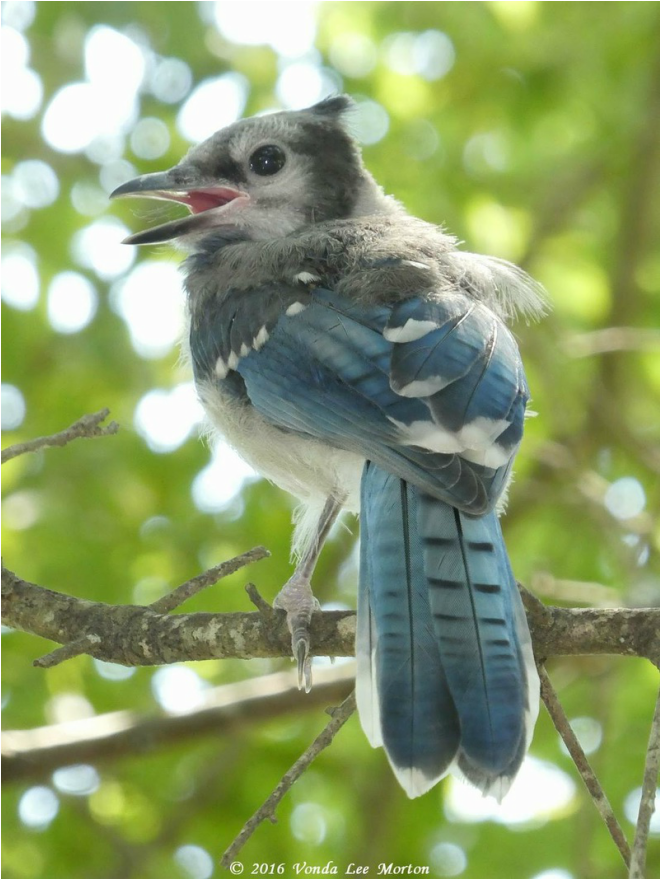
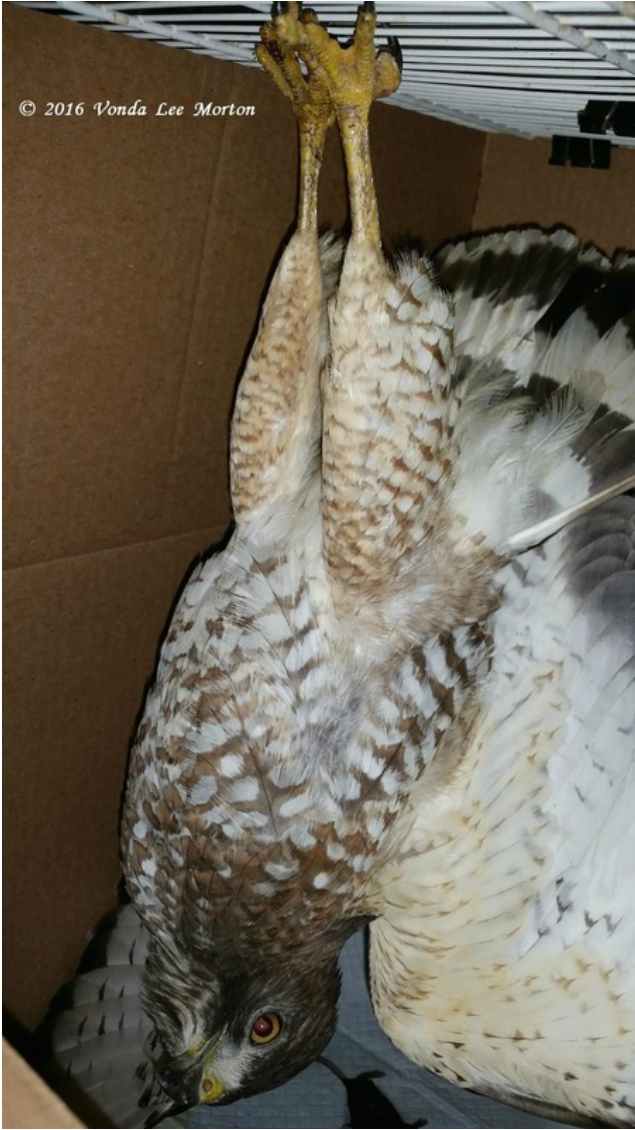
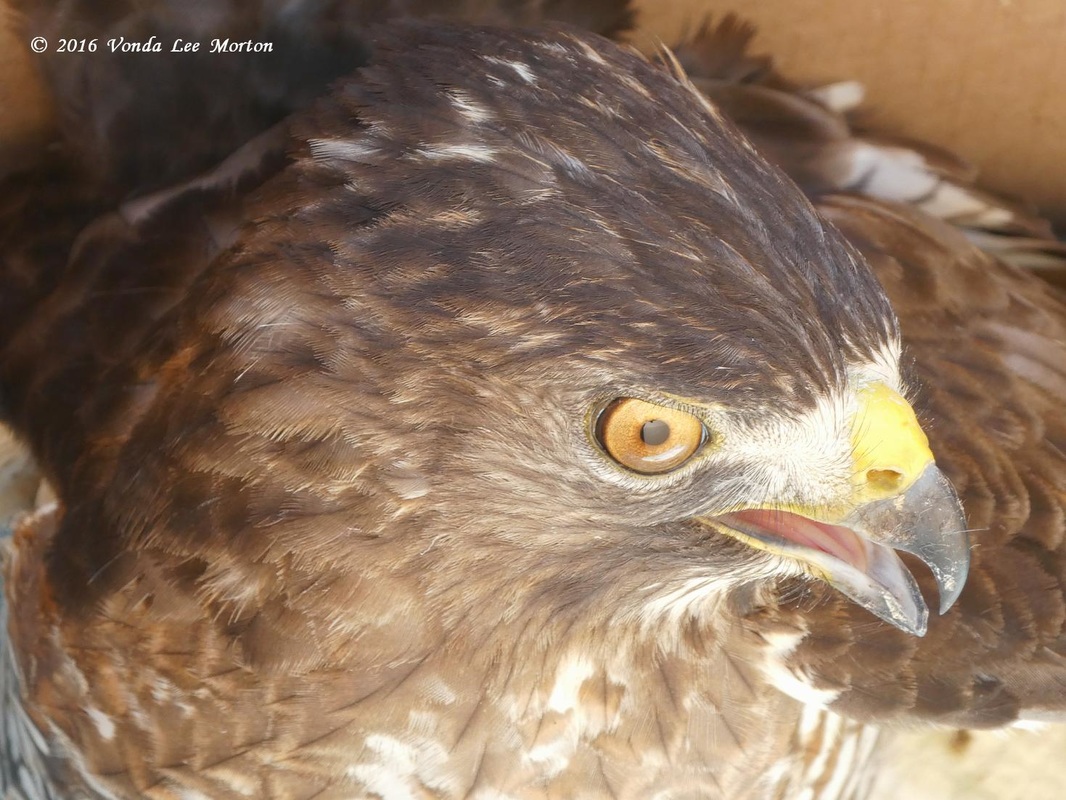
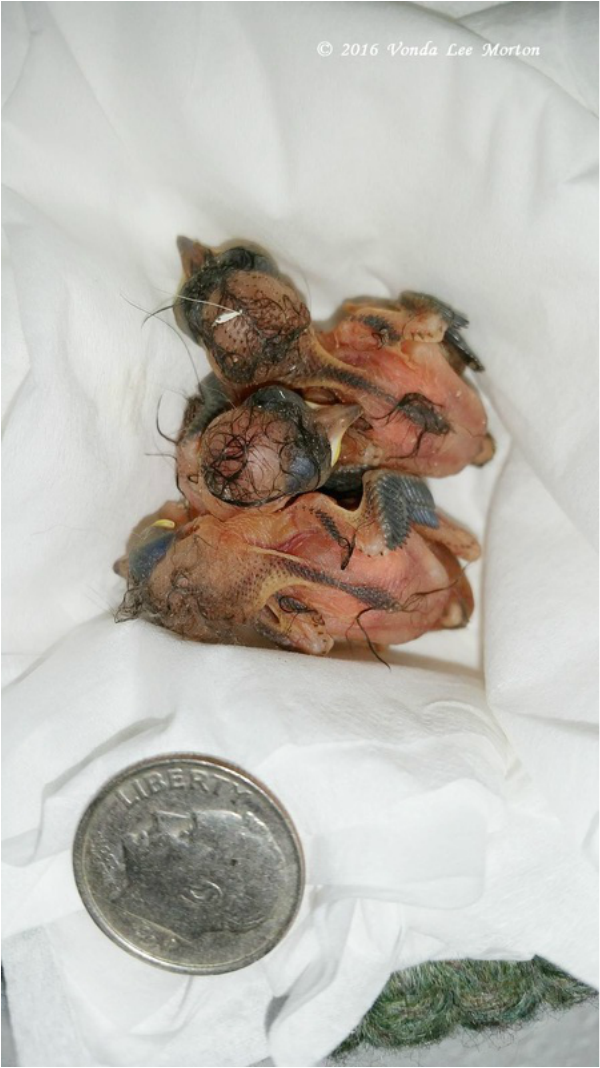

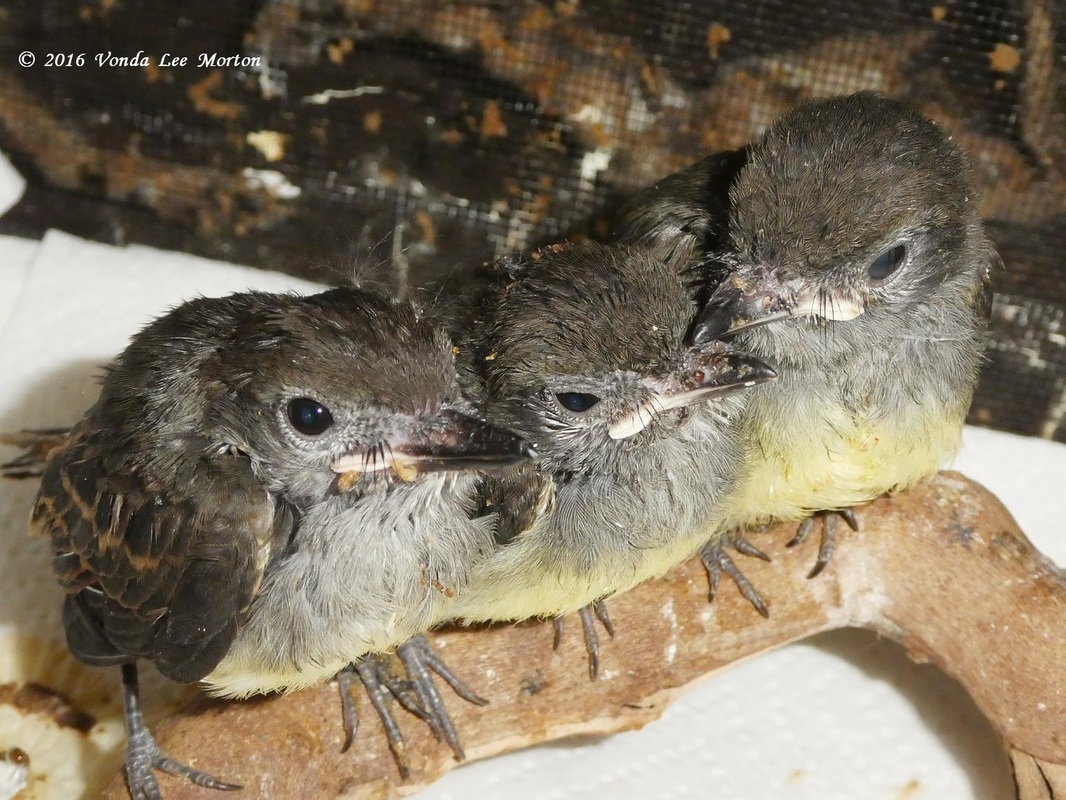

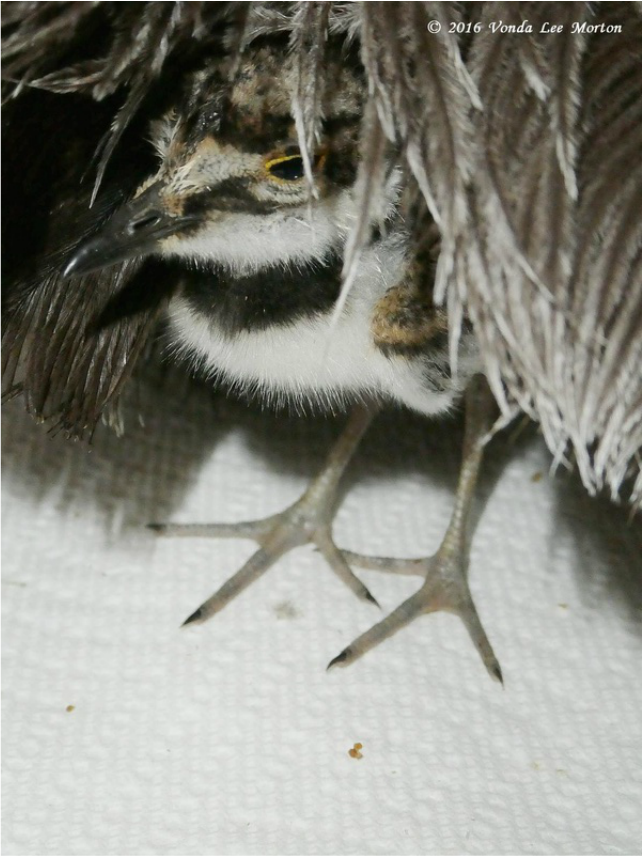

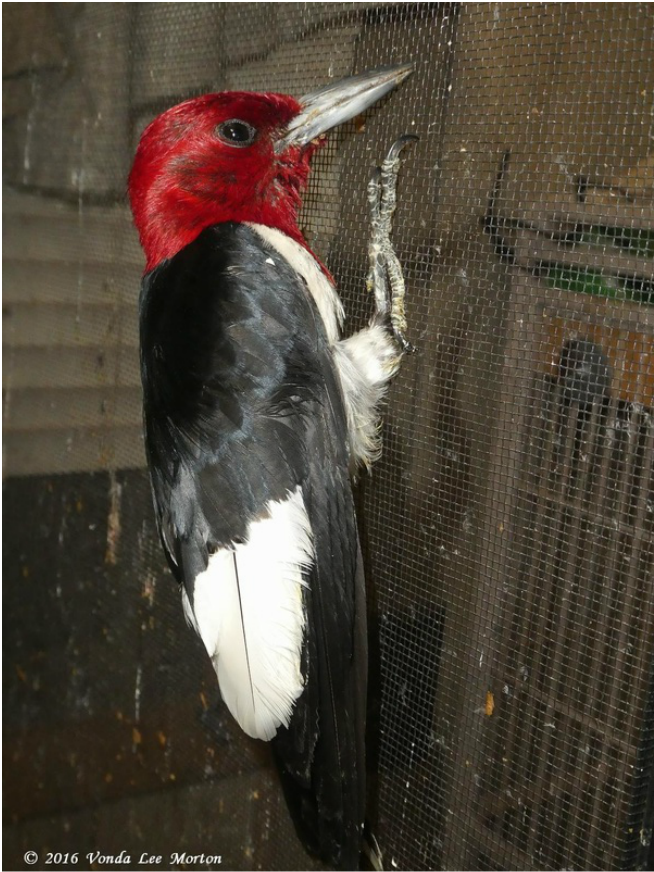
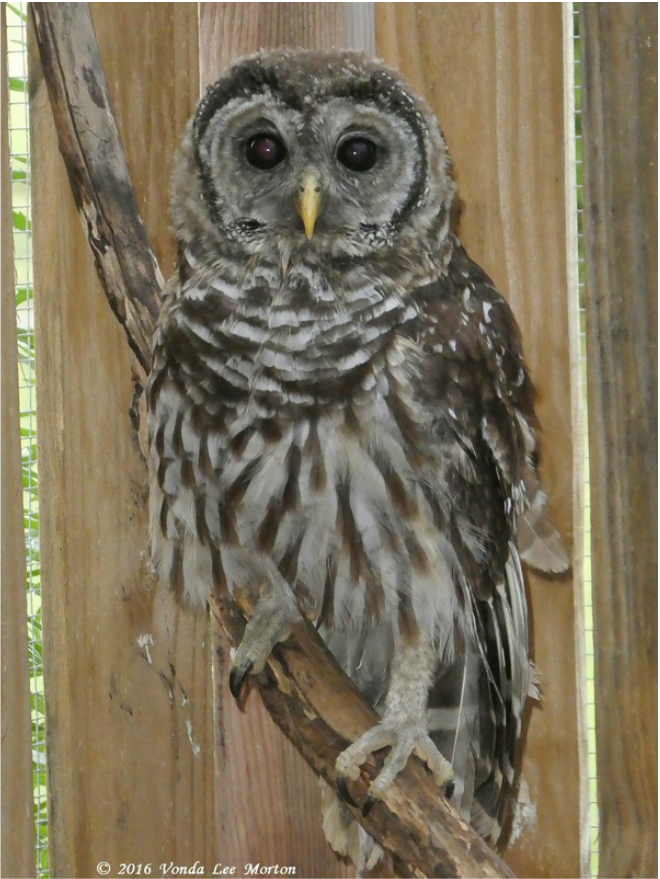
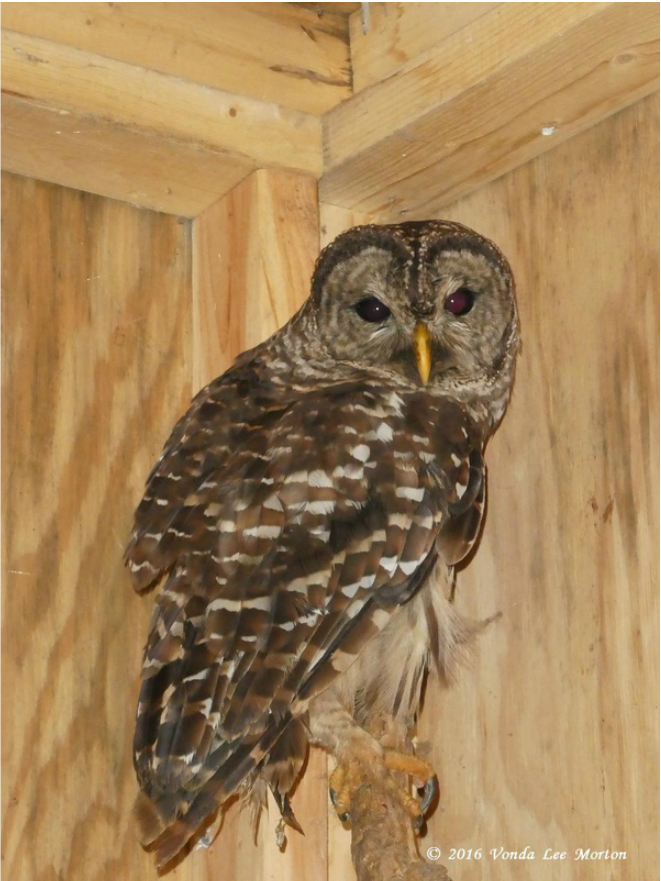

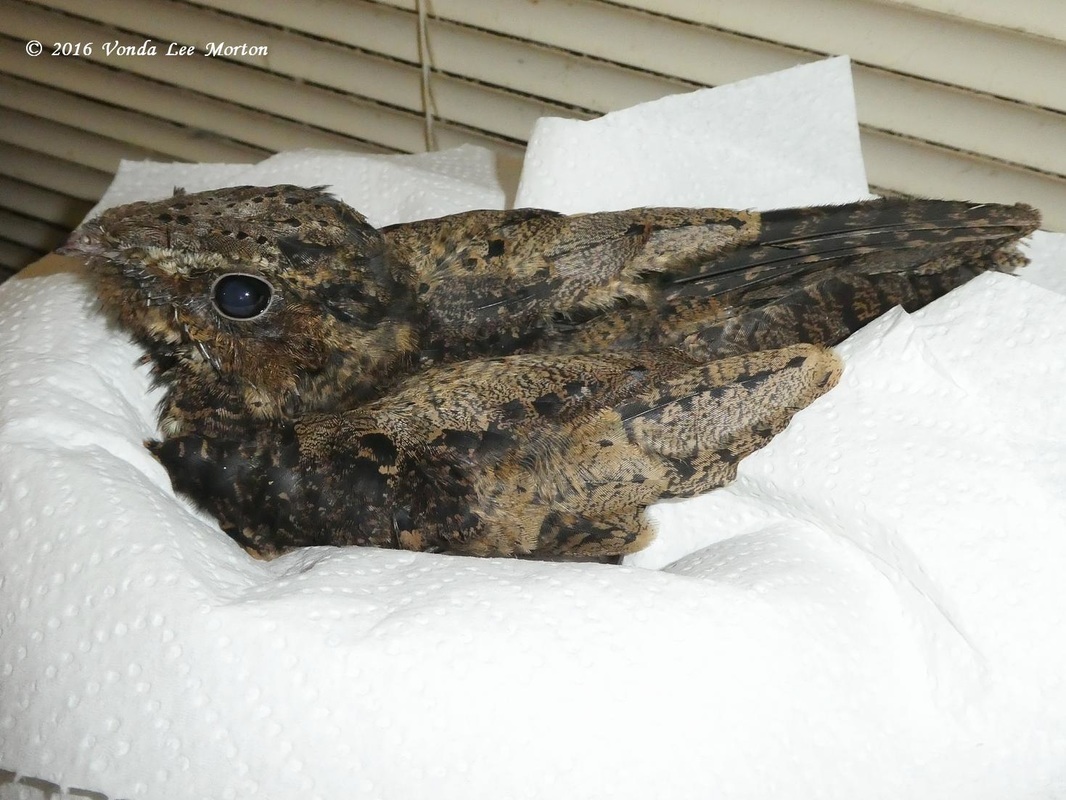
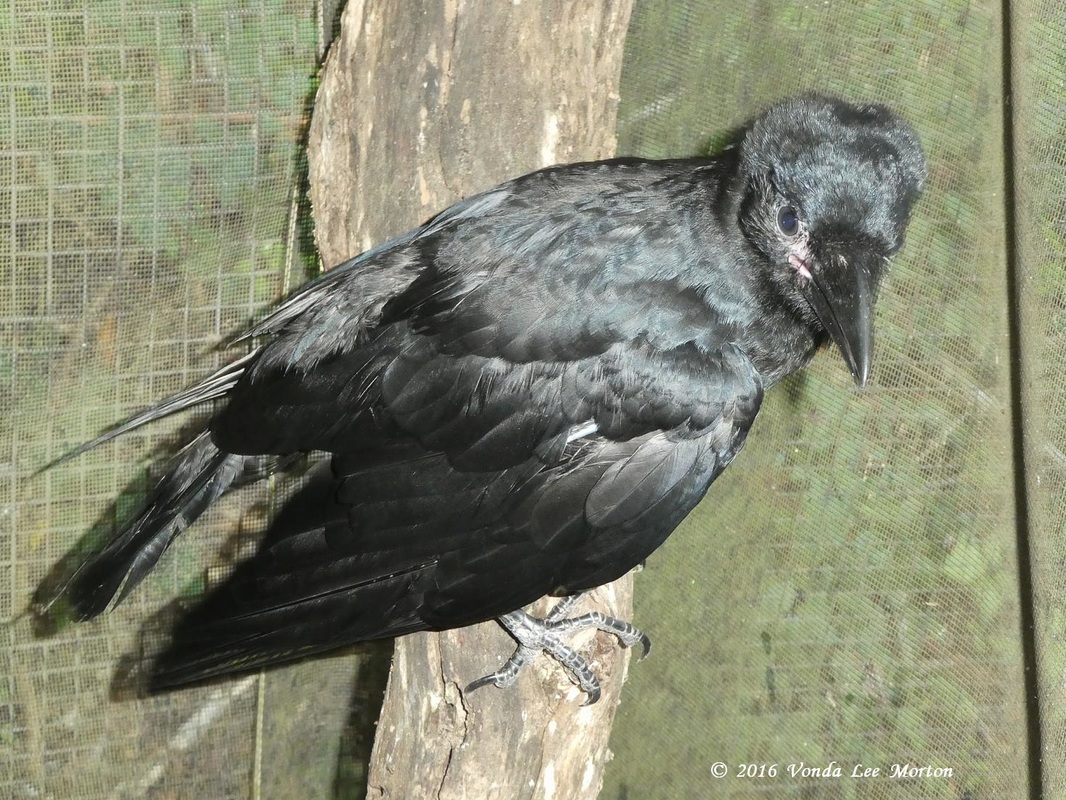
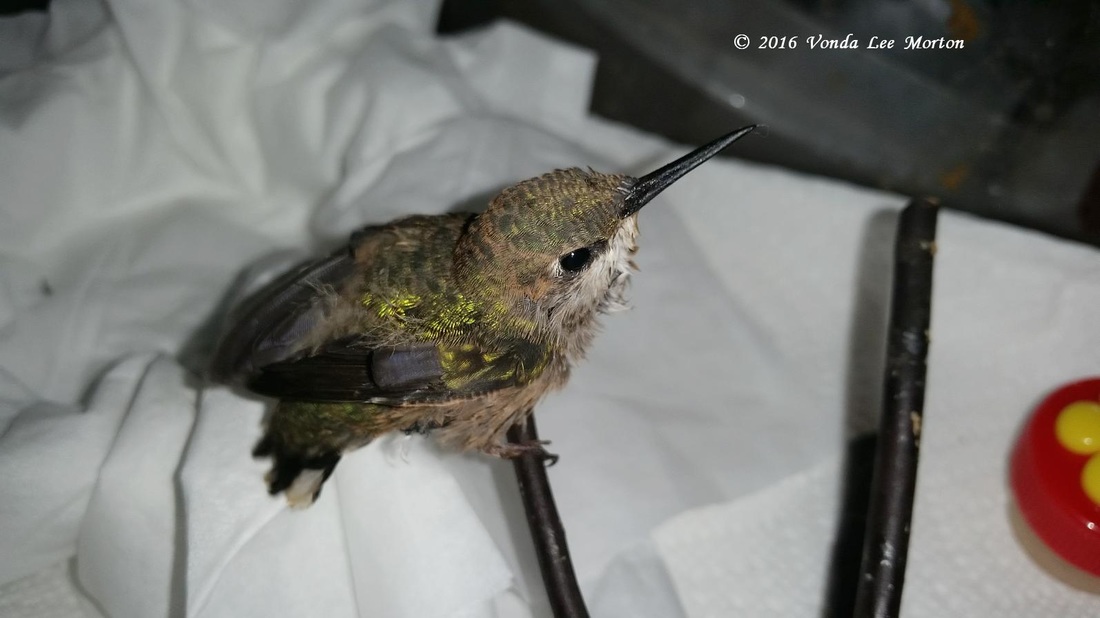
 RSS Feed
RSS Feed
